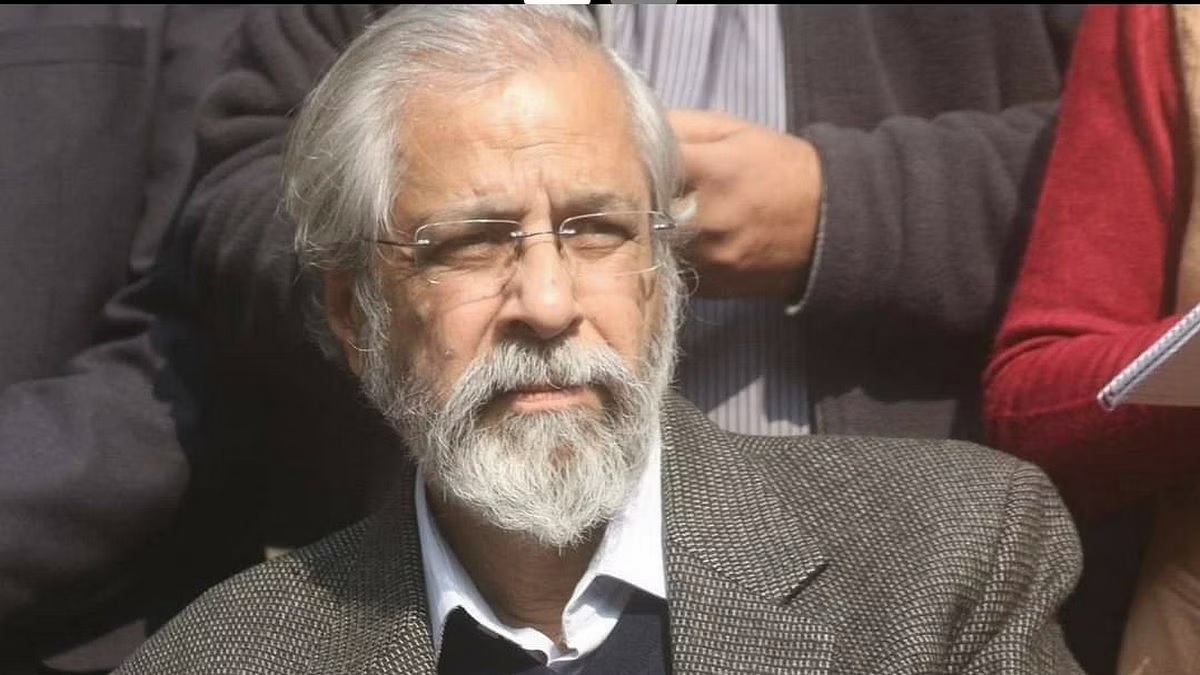
Former Supreme Court judge Justice Madan B Lokur opined that the Central Government is not entitled to selectively pick and choose names by segregating resolutions made by the Supreme Court collegium. He also stated that that it is unfair on the part of the Centre to keep certain collegium proposals pending.
The retired Supreme Court judge was speaking in an interview with Manu Sebastian, the Managing Editor of LiveLaw, on the topic of judicial appointments. Responding to a query regarding the recent trend of Centre selectively keeping certain proposals pending, Justice Lokur said :
“There are rumours of speculations as to why the government is taking so much of time, why are they taking up some and not the others. Is there some kind of favouritism, nepotism? Why is all this such a big secret? You have heard cases right here in Delhi where names have been sent, two people were picked up and other six were not picked up and two of them were appointed. Then after that, another four were appointed and two were not appointed. And then after that, another two were appointed. Why? Chief Justice Lodha had said at one point of time that don’t segregate the names. What is actually being sent is one recommendation which consists of five names or 10 names. There is a reason for the order in which they are sent, the order could be seniority or probably the date of registration as a member of the bar Council. Now you disturb that because you segregate. That is like telling the collegium that ‘listen, we don’t care what you think, we will do what we think and there is nobody to question’. The Supreme Court collegium is to then keep quiet and says that ‘okay, you are entitled to segregate’. No, but you’re not entitled to segregate! It is one recommendation. You either accept it in the full, defer it in the full or reject it in the full . It affects the overall seniority of the person, don’t piecemeal to pick up one person from here or there, it gives rise to rumours and speculations. Why should that happen?”
On Centre sitting over collegium resolutions
Justice Lokur also sharply criticised the practice of the Centre sitting over collegium resolutions. He noted that certain names which have been reiterated by the collegium more than once have been ignored by the Centre, although as per the judicial precedent, the collegium reiterations are binding on the executive. Even when the names are returned, there is no way to know the reasons.
“If the government tells the Supreme Court collegium that we are returning these names for reconsideration or whatever, why are they sent back? Do we know? Except speculation, not even speculation, there is no way to understand why they are returning the names. You can’t even speculate on that. The Supreme Court then sends it back, reiterates the name. The government sits on it for months all together, in some cases, for years together. Why are we not entitled to know these things? Is this the way the government wants to treat the Supreme Court of India- that ‘we don’t care what you recommend, we will do what we want’? Should we tolerate this, should we accept this? Can they say that ‘Supreme Court, you can say whatever you want, but we will do what we want, we don’t care’? I don’t think that is fair to the judiciary, I don’t think that is fair to the justice delivery system, to the institution, to the country that you treat our Supreme Court in this manner. You can’t treat the Supreme Court in this manner, let’s be clear about this”.
The rest of the interview on LiveLaw may be read here
Before this most recent controversy over the government deliberately sitting on the recommendation of the collegium on Justice Muralidhar, another judge with impeccable credentials had received similarly cavalier treatment by this government.
Justice Kureshi was also in line to become the Chief Justice of the Madhya Pradesh High in 2019, on the recommendation of the Supreme Court collegium, but the Centre returned his file. On May 10, 2019 the Supreme Court in its resolution had said, “Mr. Justice A.A. Kureshi is the senior-most Judge from Gujarat High Court and at present is functioning, on transfer, in Bombay High Court. Having regard to all relevant factors, the Collegium is of the considered view that Mr. Justice A.A Kureshi is suitable in all respects for being appointed as Chief Justice of the Madhya Pradesh High Court. The Collegium resolves to recommend accordingly.” Again, then as now, the Centre, flexing its muscles over the judiciary, refused to yield to the Collegium’s recommendation.
Related: